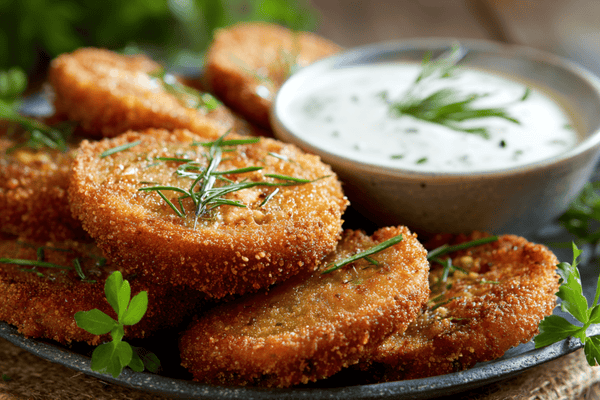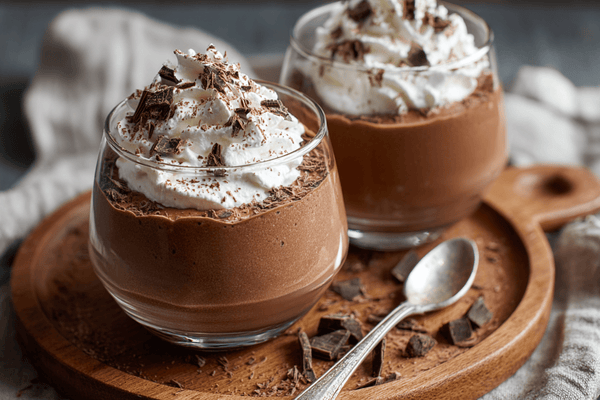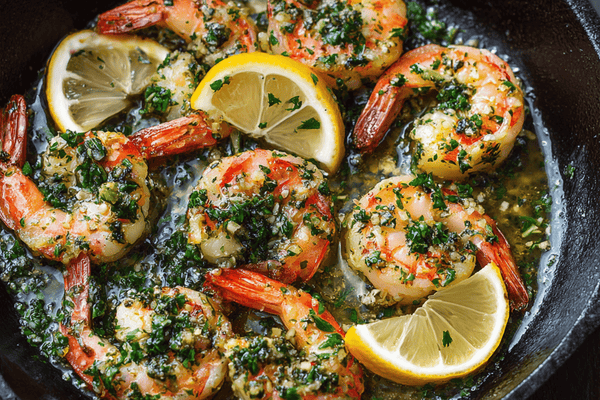
In some of our recent guides, we have touched on how water can damage your knife and why it’s important to take good care of your kitchen blades. But there’s a lot of information about the damage water can do to your knife; this includes the handle and the blade.
Therefore, it is incredibly important to know how to properly maintain your knives. After all, many of you will have paid a considerable amount to invest in a quality knife set and the last thing you want is for them to age before their time.
In this guide, we will be discussing the potential problems with exposing your kitchen knives to water and what you can do to take better care of them.
Table of content
Does Water Harm Your Knives?
 We all want our kitchen knives to last as long as possible and that means taking good care of them. You've probably heard that water does no favours to your knives but what's the truth behind this?
We all want our kitchen knives to last as long as possible and that means taking good care of them. You've probably heard that water does no favours to your knives but what's the truth behind this?
The Blade
Now both of these materials are pretty resistant to rust and that’s why they’re used to make knife blades. But everything has a limit and if the metal is continually exposed to water or if moisture is permitted to gather on the blade, then there will come a point that corrosion will begin.It’s also worth noting that high carbon steel blades are more susceptible to rusting so you have to be very careful about whether the blade gets wet or not.
Many people also ask the question: can hot water damage knife blades? There is some truth in this as water that is too hot can cause the metal to crack but at a microscopic level that isn’t visible to the naked eye. The same can be said for water that is too cold so if you have to clean your knife with water then it’s essential not to use anything with any extreme temperatures.
The Handle
For knives with plastic handles, water won’t be so much of a problem as this is a nonporous material that’s pretty robust against many factors. Although the water could interfere with anything used to attach the handle to the blade potentially causing a handle to loosen or come away. If you have knives with wooden handles then you’ll need to be much more careful about letting them get into contact with water.
As you may be aware, water isn’t kind to wood. The more moisture the wood is exposed to, the worse the problems can be. When wood gets wet, it expands and as it dries, it contracts. This expansion and contraction can cause cracking which will ultimately damage your knife handles. It is for this reason, that you should avoid wooden knife handles coming into contact with water where possible.
Should You Wash Your Knives in the Dishwasher?

Inside your dishwasher, temperatures can get very high and this can cause damage to both the handle and blade of your knives. As we mentioned earlier, carbon steel blades are even more prone to rust and so they’ll suffer the consequences much more quickly.
But it doesn’t end there. When you put your knives in the dishwasher, they’re going to go through quite a beating. You see, there are water jets inside the dishwasher that are quite high pressure and this isn’t going to be good for your knives. One of the main reasons for this is that the water can cause the knives to bump into other things in the dishwasher, leading to a dull knife and a damaged blade.
For some very brittle knives such as ceramic knives, it takes just a couple of rough rounds in the dishwasher for them to be damaged beyond repair.
The detergent you use in your dishwasher might be effective against grease and dirt but it’s not friendly to your knives. The chemicals in the detergent can be very harsh on the blade, causing it to dull much more quickly. They might even cause discolouration.
You must also consider everything else that’s inside the dishwasher. Your knife’s blades are super sharp and if they bash up against other things like plates, cups and even the sides of the machine, they could scratch and cause damage and ultimately dull the knife's blade edge.
How to Clean Your Knives

Here are some tips for keeping your knives clean without damaging them.
Don't Leave Knives In the Sink
But a sharp knife should not be left to soak in water. Wet knives and over exposure to water will result in much quicker corrosion not to mention damage to the handle if it is made from wood or metal.You should also consider how dangerous leaving knives in the sink is for fingers. When you’ve got a lot of soap in there, you can’t see to the bottom and if you reach in, forgetting that the knife is there, you risk cutting yourself.
Your knife could also bash up against other kitchen utensils in the bowl which could damage the knife's edge. If you want to keep your fingers intact and your knives sharp, we would recommend not putting carbon steel knives into your washing-up bowl at all.
Dry Knives Properly Before Storing
 It’s also worth pointing out that, when you store a wet knife in a knife block, the residual moisture could also lead to mould which is far from healthy when it comes to cooking.
It’s also worth pointing out that, when you store a wet knife in a knife block, the residual moisture could also lead to mould which is far from healthy when it comes to cooking.
Keep Them Away From the Dishwasher
We aren’t going to go over the top with this point as we have already discussed the importance of not washing your knives in the dishwasher. But it doesn’t hurt to stress that cleaning your blades this way is only going to lead to disaster so keep them well away from the dishwasher.
Final Thoughts
When the metal of the knife blade is exposed to water, this can cause corrosion. While most knives are designed to resist corrosion to a degree, this isn’t an infinite ability and continually exposing them will lead to rust.Moreover, hot water, such as inside the dishwasher, can cause minute cracks in the metal which can affect the performance of the blade. All in all, it’s better to wipe clean your knives and make sure they’re completely dry before you store them.
A general, budget-friendly knife may cope well with being left in soapy water for a while or being left to dry in the air on a draining board, but Japanese kitchen knives are a high-quality tool that need to be cared for.
This really means washing with soapy warm water carefully, drying thoroughly and putting the knife back into its storage spot as soon as you have finished using it for a kitchen task. If you follow this trick, your knife should stay in pristine condition and free from rust spots for many years to come.


